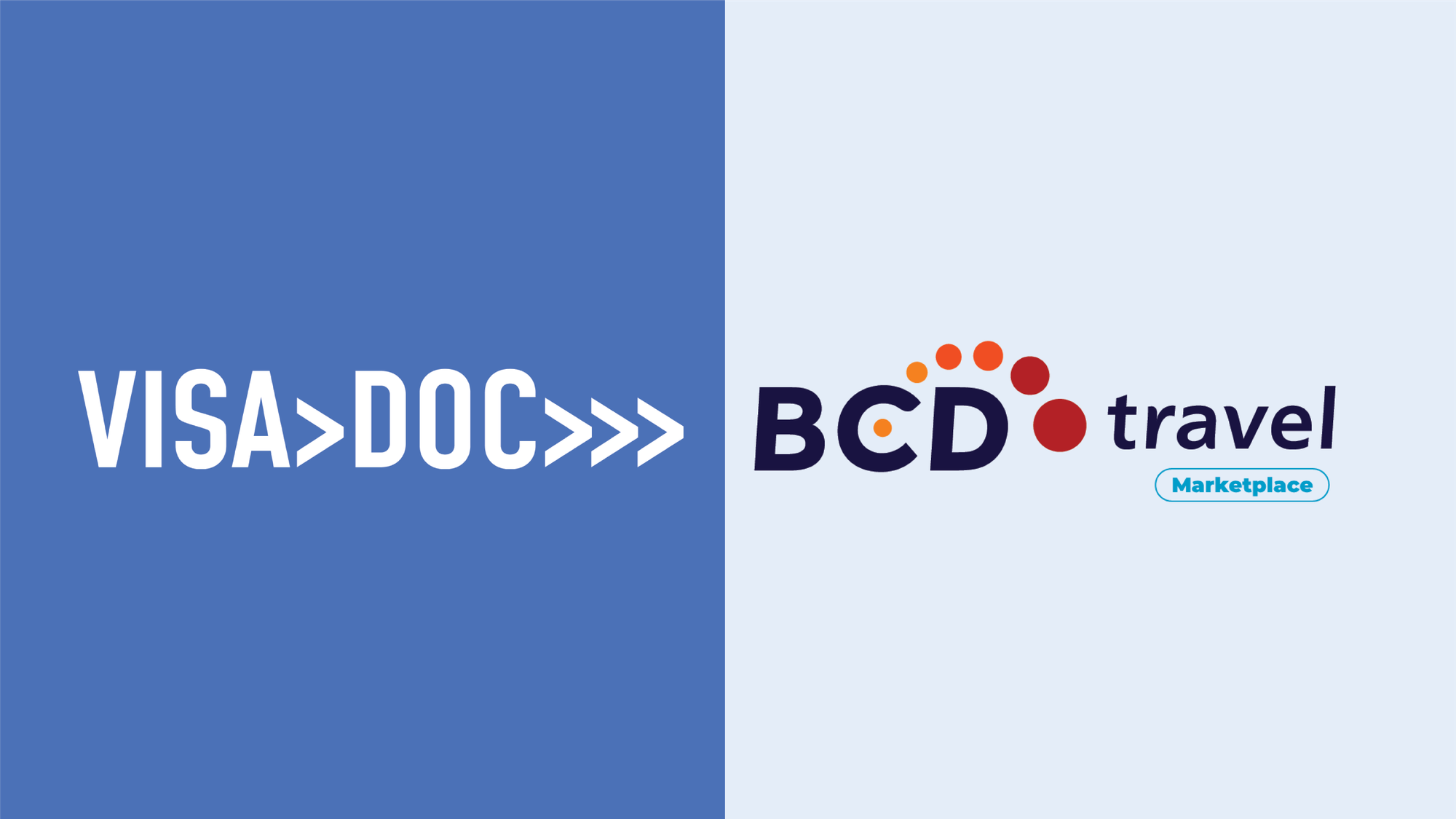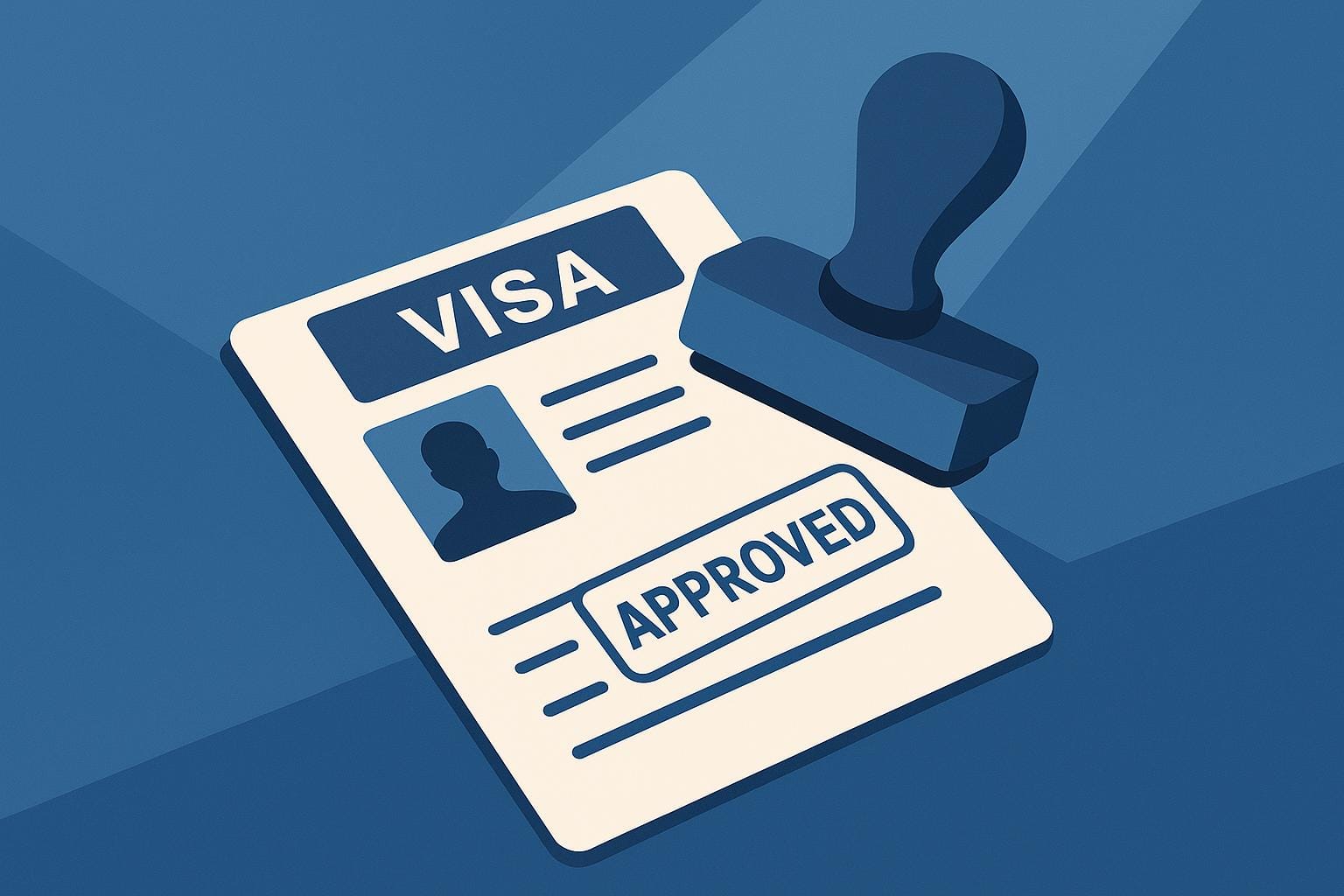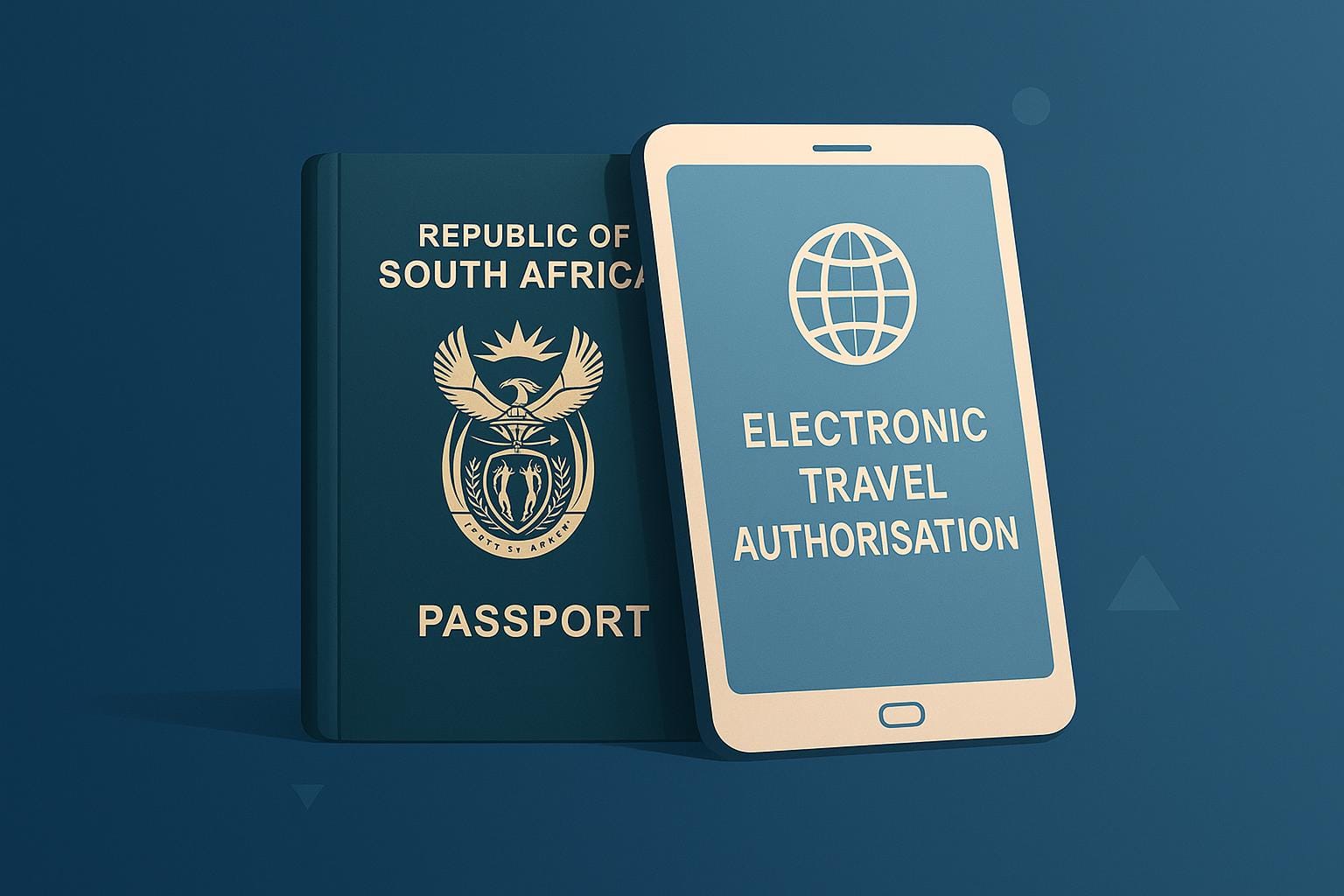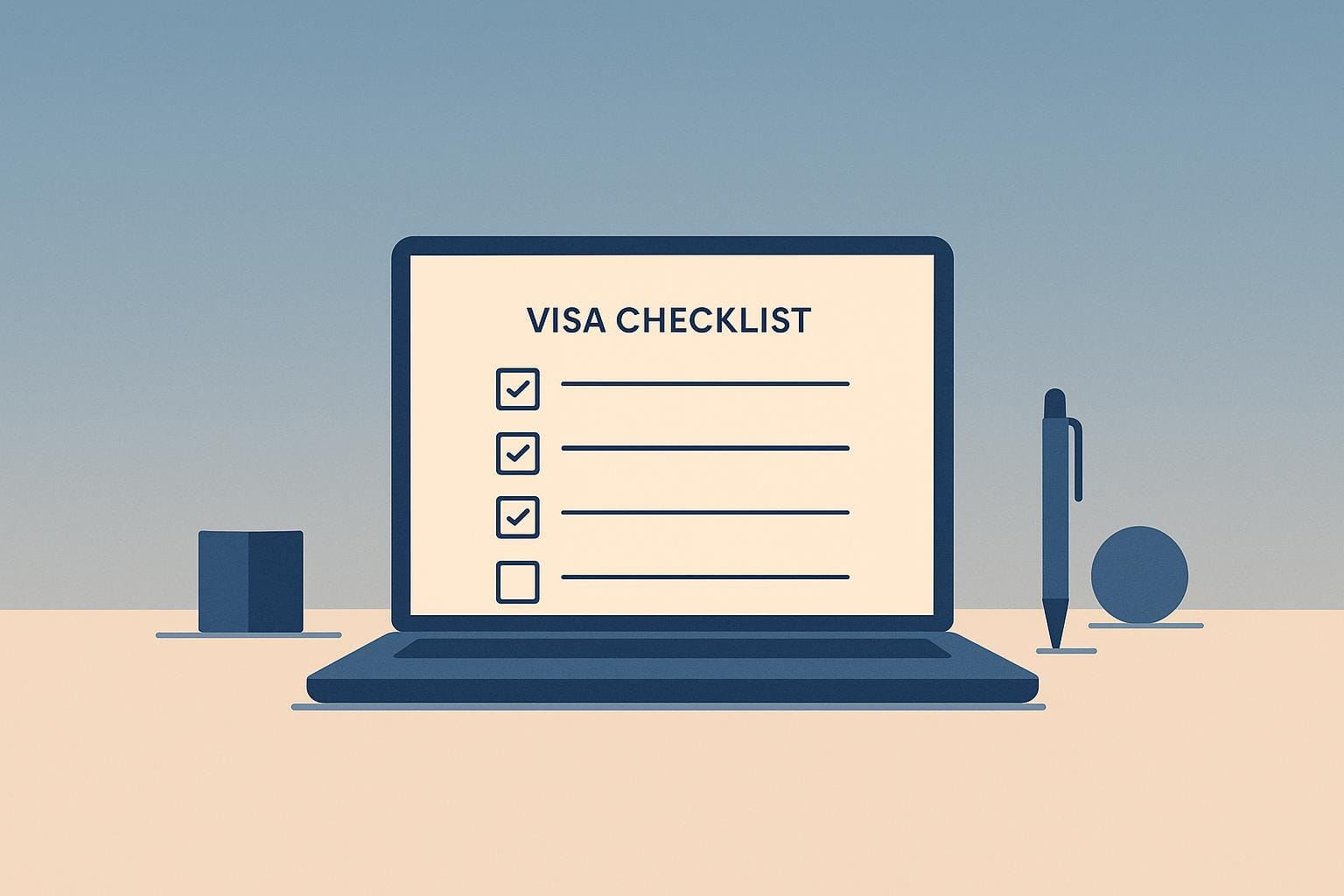Avoid penalties and protect your sponsor licence with proper audit preparation. Failing a UK business visa audit can lead to fines of up to £20,000 per illegal worker, licence suspension, or even revocation. Here’s how to stay compliant and ready for Home Office inspections:
-
Key Compliance Areas:
- Maintain accurate records: Right to Work checks, visas, and employment changes.
- Report changes promptly: Work location updates within 20 working days, role changes within 10 working days.
- Regularly update the Sponsor Management System (SMS).
-
Preparation Steps:
- Conduct mock audits to identify gaps in compliance.
- Organise documents: Keep visa records, contracts, and attendance logs in order.
- Train staff: Ensure employees understand their roles and compliance duties.
-
During the Audit:
- Be ready with accessible records and trained personnel.
- Ensure sponsored workers can explain their roles and responsibilities.
-
After the Audit:
- Address issues immediately and follow Home Office action plans.
- Monitor compliance regularly and provide ongoing staff training.
Using tools like VisaDoc can simplify document management and deadline tracking, helping you stay audit-ready. Compliance isn’t just about avoiding penalties - it’s about safeguarding your business’s ability to sponsor workers. Keep your systems robust and your team informed to navigate audits with confidence.
Business Visa Audit Basics
Understanding UK business visa rules is crucial for staying compliant during Home Office audits. Accurate record-keeping and meeting reporting deadlines are key to avoiding issues.
UK Immigration Rules
UKVI has strict sponsorship requirements. Businesses must maintain records such as:
- Immigration permissions
- Contact details
- Absence logs
- Employment changes
- Sponsor licence updates
Changes in work location or hours must be reported within 10 working days, while updates to business premises must be filed within 20 working days.
Compliance Penalties
Failing to follow UK immigration laws can lead to serious consequences. The Home Office has a clear penalty system in place:
| Violation Type | Potential Penalties |
|---|---|
| Employing Illegal Workers | Fines up to £20,000 per worker |
| Breaching Sponsor Licence | Suspension or revocation of the licence |
| Systematic Non-compliance | Director disqualification or prosecution |
Compliance Officers evaluate whether businesses check Right to Work documents, keep accurate personnel records, monitor sponsored workers, and update the Sponsor Management System (SMS).
Audits can happen randomly or based on specific intelligence, so maintaining compliance at all times is crucial. As the Visa Office explains:
"With the frequency of Home Office Compliance Officer visits on the rise, it's more important than ever to ensure that your organisation is in full compliance with all immigration regulations".
These rules lay the groundwork for the audit preparation steps covered in the next section.
Audit Preparation Steps
Getting ready for a Home Office audit takes careful planning. Here's how you can prepare effectively:
Policy Review
Start by reviewing your immigration compliance policies, focusing on areas that Compliance Officers typically examine:
- Right to Work Documentation: Make sure your verification processes meet Home Office standards.
- Migrant Contact Records: Keep contact details and communication logs up to date.
- Personnel File Management: Check that all employment records are complete.
- Sponsor Management System (SMS): Ensure your reporting procedures for employment changes are thorough.
Use a compliance calendar to keep track of review dates and updates. After your review, conduct a mock audit to test how well your procedures hold up.
Practice Audits
Mock audits are a great way to spot issues before the real thing. The Visa Office emphasises their importance:
"Our immigration compliance specialists put themselves in the shoes of a Home Office Compliance Officer, so you can be confident that any areas of non-compliance will be identified and addressed before it's too late".
A typical audit lasts two to three hours. Use this as a guide when planning your practice audits. Focus on these areas:
| Audit Area | Key Elements to Review |
|---|---|
| Documentation | Right to Work checks, visa copies, personnel files |
| Reporting | SMS updates, change notifications, absence records |
| Staff Knowledge | Awareness of immigration rules and compliance steps |
| Systems | Record-keeping methods and tracking mechanisms |
Once you're confident in your readiness, ensure all supporting documents are well-organised and secure.
Document Management
A reliable document management system is essential for being audit-ready. Here's what to focus on:
- File Organisation: Keep standardised files for visa documentation, Right to Work records, employment contracts, attendance logs, and change notifications.
- Access Control: Set up clear protocols for document security, staff access permissions, file retention periods, and data protection compliance.
- Regular Verification: Check files monthly to remove outdated drafts, update expired documents, fix any gaps, and confirm everything is complete.
During the Audit
Managing an on-site audit effectively means being well-prepared with employment checks, ensuring staff are ready, and clearly demonstrating your responsibilities as a sponsor.
Employment Checks
Compliance Officers will review Right to Work documents and employment records. Make sure these are easily accessible:
| Documentation Type | Required Elements |
|---|---|
| Personnel Files | Employment contracts, payroll records, absence logs |
| Visa Records | Current visas, work permits, sponsorship certificates |
| Contact Details | Up-to-date UK addresses, telephone numbers, email addresses |
| Change Records | Role modifications, salary adjustments |
Your HR systems should clearly show how you monitor compliance. Once your documentation is in order, ensure your team is ready to answer questions during interviews.
Employee Audit Guidance
Sponsored employees should be able to explain how their roles match SOC codes, job descriptions, and pay packages. They should also be confident in describing their responsibilities.
Sable International advises: "You should prepare your key personnel and sponsored staff for potential interviews by the Compliance Officer during the audit."
These interviews help confirm that employees’ actual duties align with the details in their Certificate of Sponsorship and that they are being paid appropriately.
Sponsor Duties
Audit success also depends on proving you are fulfilling your sponsor responsibilities. This goes beyond document checks and staff interviews:
- Qualification Records: Keep evidence of each employee's skills and accreditations.
- Monitoring Systems: Use HR tools to track attendance, immigration status, and contact details.
- Reporting Changes: Report major changes in workers' roles or any compliance issues without delay.
Ensure your Sponsorship Management System (SMS) profile is updated regularly and maintain accurate records for all sponsored employees. This shows you are meeting your responsibilities as a sponsor.
After the Audit
Once the audit is complete, taking prompt action and maintaining ongoing compliance is crucial to protect your sponsor licence.
Fixing Audit Issues
Address any compliance issues quickly and carefully. The Home Office will provide an action plan to help restore your licence to an A-rating.
| Timeline | Actions Required | Potential Outcome |
|---|---|---|
| First 24 Hours | Review findings and consult advisors | Prevent additional compliance breaches |
| Within 3 Months | Complete the action plan | Regain A-rating status |
| After 3 Months | Failure to comply may result in licence revocation |
If your organisation is downgraded to a B-rating, you’ll face stricter oversight when hiring new migrant workers until the A-rating is reinstated. Use the three-month window to establish strong compliance systems and meet the Home Office's requirements.
Once immediate issues are resolved, focus on regular monitoring and staff training to stay compliant.
Regular Monitoring
After addressing the initial issues, ongoing monitoring becomes key. Plan regular independent reviews to ensure compliance.
- Check HR records every month
- Verify sponsored worker details quarterly
- Conduct independent audits twice a year
"Conducting a mock compliance audit using an independent company is the best defence against a Home Office compliance visit." – Sable International
Staff Training
Training your staff is essential to maintaining compliance. Make sure your team is familiar with Home Office guidance on sponsor duties and reporting obligations.
Here are some key areas to focus on:
| Training Component | Frequency | Focus Areas |
|---|---|---|
| Compliance Updates | Quarterly | Latest immigration regulations |
| System Training | Monthly | Day-to-day compliance processes |
| Mock Interviews | Bi-annually | Preparing for compliance visits |
Ensure that key personnel understand their responsibilities thoroughly. Regular training can help minimise risks and ensure your organisation remains compliant.
Using VisaDoc

Simplify your business visa audit preparation with VisaDoc. It keeps all visa information and deadlines in one place, helping HR teams stay on top of regulatory requirements.
Document Storage
VisaDoc offers a secure and efficient way to manage your visa-related documents. Key features include:
| Feature | What It Does | How It Helps |
|---|---|---|
| Centralised Storage | Stores all visa documents in one place | Makes document retrieval easier |
| Smart Categorisation | Automatically organises documents by visa type and status | Keeps audit trails well-organised |
| Version Control | Tracks changes and updates to documents | Ensures compliance history is intact |
| Access Controls | Restricts access based on permissions | Protects sensitive data |
The platform automatically organises documents by visa category, adding time-stamps and indexing for quick access. This ensures your records are always easy to find, creating a solid foundation for audit readiness.
Automated Updates
VisaDoc doesn't just store documents - it also keeps you informed. Its automated notification system helps HR teams stay on top of key deadlines and compliance updates with timely alerts. For instance:
| Update Type | What You Need to Do |
|---|---|
| Visa Expiry Alerts | Review and renew visas on time |
| Compliance Changes | Update internal policies as needed |
| Document Reviews | Regularly check records for accuracy |
These alerts ensure you never miss an important deadline, reducing the risk of expired documents. You can even customise the alerts to match your organisation’s specific needs.
VisaDoc also includes reporting tools that create detailed audit trails of all visa-related activities. This systematic approach not only makes Home Office inspections easier but also simplifies the entire audit preparation process.
Conclusion
A thorough approach and close attention to detail are crucial when preparing for a business visa audit. UK Business Immigration Specialist David Faulkner-Bryant highlights this point:
"Sponsorship privileges come with an obligation to the UKVI, employers must comply with their sponsor licence duties and responsibilities. These may change from time to time without warning and it is for the Sponsor to demonstrate due diligence".
Recent data illustrates the growing focus on compliance. In Luxembourg, inspections for worker posting rules surged from 10,000 in 2022 to over 17,300 in 2023, leading to fines totalling €8.9 million. These numbers stress the importance of maintaining accurate documentation and adhering to regulations.
To ensure compliance over the long term, businesses should prioritise the following key areas:
| Focus Area | Action Items | Benefits |
|---|---|---|
| Regular Monitoring | Perform monthly compliance checks | Identify issues early |
| Documentation | Keep centralised digital records | Respond quickly to audits |
| Staff Training | Provide quarterly updates | Maintain consistent practices |
These steps summarise the strategies discussed earlier. Incorporating these practices with digital tools strengthens compliance efforts.
For example, VisaDoc offers automated updates and centralised storage to enhance compliance processes. With data breaches costing an average of £3.84 million in 2024, VisaDoc’s secure document storage and automated tracking help protect against financial and operational risks.
Preparing for audits successfully requires continuous effort and structured management. By implementing effective compliance systems and leveraging digital tools, organisations can confidently meet business visa requirements while reducing potential risks.













